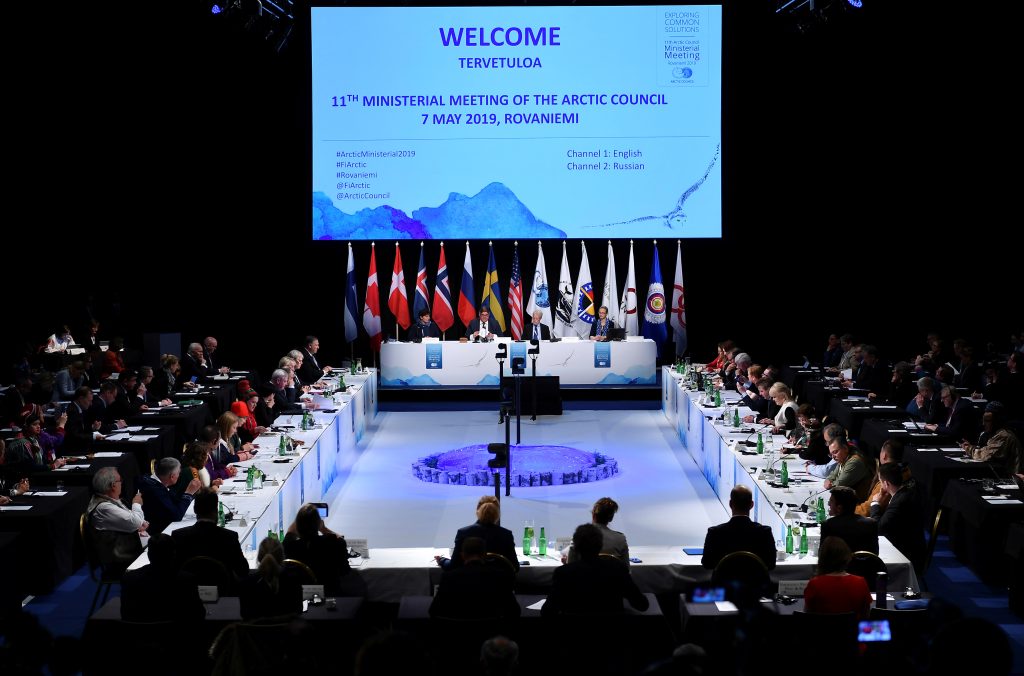Russia suspends annual payments to Arctic Council, RIA agency reports

(Reuters) – Russia has suspended annual payments to the Arctic Council until “real work” resumes with the participation of all member countries, Russia’s RIA state news agency reported, citing the country’s foreign ministry.
“At the moment, Russia’s payment of annual contributions to the budget of the Arctic Council has been suspended until the resumption of real work in this format with the participation of all member countries,” the ministry told RIA.
Cooperation between the Western Arctic states of the intergovernmental body and Moscow came to a freeze after Russia launched its full-scale invasion of Ukraine two years ago.
The Arctic Council was created in 1996 to discuss issues affecting the polar region, ranging from pollution to local economic development to search-and-rescue missions.
The work of the Council, which comprises the eight Arctic states of Finland, Norway, Iceland, Sweden, Russia, Denmark, Canada and the United States, in the past has produced binding agreements on environmental protection and preservation.
But with the end of cooperation with Moscow, about a third of the council‘s 130 projects were on hold last year, new projects cannot go ahead and existing ones cannot be renewed.
For now, Russia does not consider leaving the Council, the foreign ministry told RIA.
Last week, Maria Zakharova, spokesperson of the Russian foreign ministry, said that if the Council evolves “into an institution unfriendly to Russia,” then Moscow will consider whether to stay in it, TASS state agency reported.
On Tuesday, the speaker of the Duma, Russia’s lower house of parliament, said that the chamber will vote next week on Russia leaving the Organization for Security and Co-operation (OSCE) and will consider the possibility of leaving other international organisations.
(Reporting by Lidia Kelly in Melbourne; Editing by Jacqueline Wong and Stephen Coates)